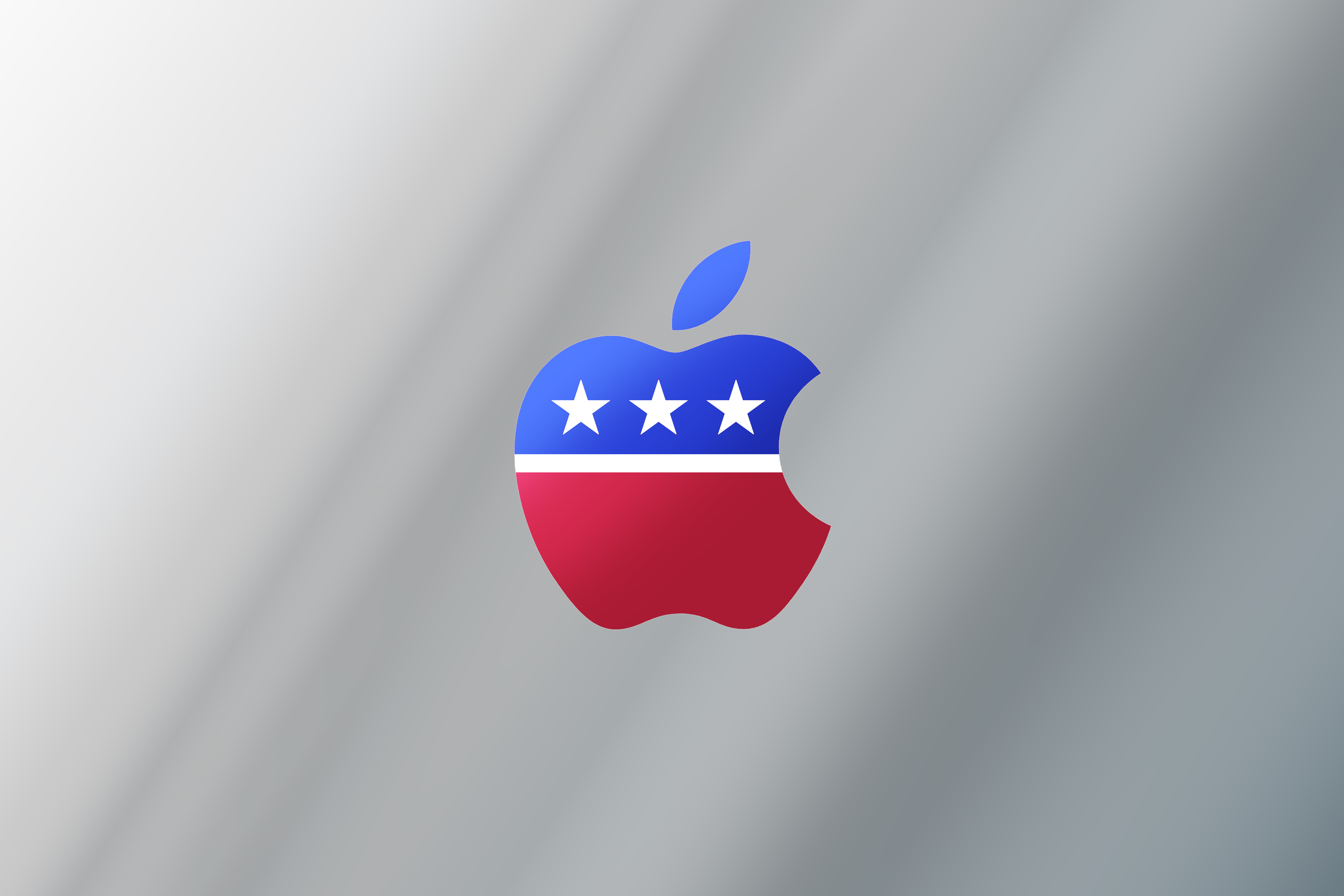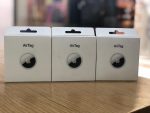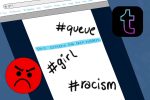On June 25th, Apple announced that it would be adding a new section to their “Apple News” app: a 2018 Midterm Elections banner. They described this effort in their press release, “By presenting quality news from trustworthy sources and curating a diverse range of opinions, Apple News aims to be a responsible steward of those conversations and help readers understand the candidates and the issues.”
This initiative is drawn out in the context of misinformation debacles that afflicted the 2016 election. Those elections were subject to an unprecedented social media influence. Facebook was an integral forum for this plague of misinformation. There were headlines coming in from all corners of the internet, and it was impossible to sift out the kernels from the muck.
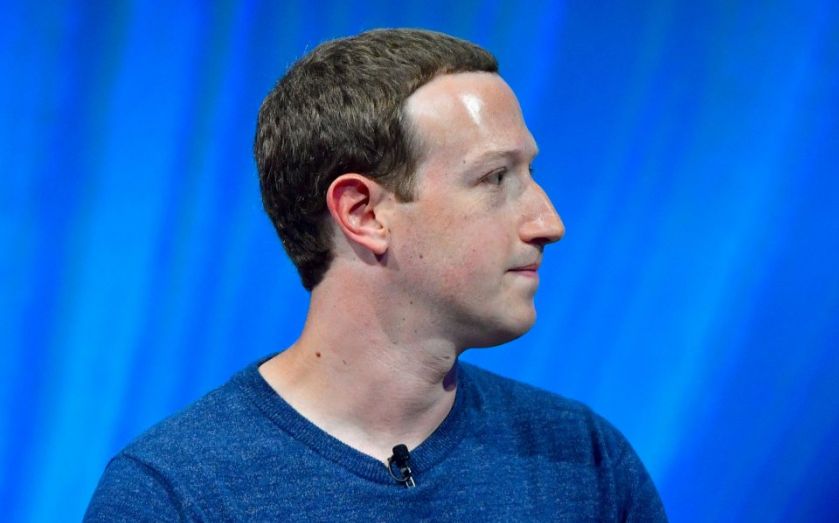
Facebook’s plight resulted from many factors, including Russian interference, fake news posts and the Cambridge Analytica scandal. At the heart of this was the manner in which they decided to curate their trending news.
Leading up to the election, Facebook had covertly been using human editors, in tandem with an algorithm that dictates an article’s popularity. As reported by Gizmodo, it came to be known that this curation was happening without public knowledge, and it was evident that the majority of the curators were ignoring conservative media even if they were deemed popular by the algorithm. Facebook received immediate criticism from conservatives that labeled them as biased.
In response to that criticism, they removed their entire editing team, and employed the algorithm completely on its own. This backfired almost immediately as the algorithm started putting out articles that were either false, extreme or obscure. This allowed purposeful exploitation by Russian bots, and allowed the unchecked spread of false or extremely misleading information. The extent to which this impacted the outcome of the election is still up for debate.
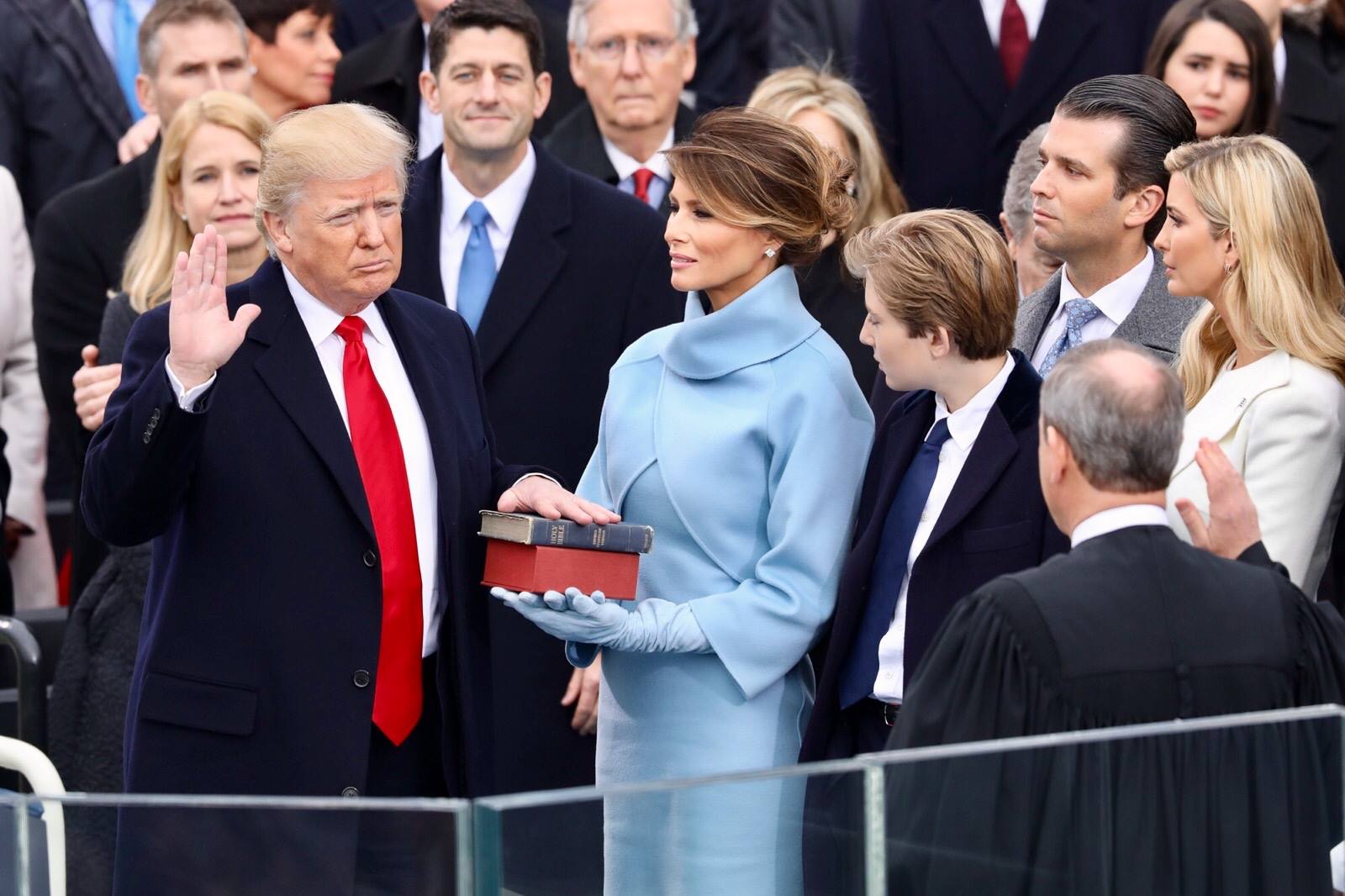
It is clear however, that large social media platforms, such as Facebook (which reaches more than a billion people worldwide, and 214 million in the U.S. alone), have tremendous clout. As such, they bear a huge responsibility on how that influence is exerted. Facebook’s debacle shows that they can be manipulated to nefarious ends.
Knowing this and learning from Facebook’s mistakes, Apple News is making a deliberate attempt to mitigate disinformation. They are focusing on conveying the midterms from multiple angles, through vetted articles from a variety of reputable news sources.
The questions then arise, can bias be avoided in human curation? What’s to stop Apple’s editors from employing personal biases, whether consciously or not? Should the company mandate a certain quantity of articles from both sides of the political spectrum? Who’s to say that the company itself doesn’t have its own agenda?
That same article from Gizmodo also mentions that the Facebook editors were really only given a few guidelines, mostly in the way that they should handle any news about Facebook itself. They were told to keep it off of the “trending” module, even if it was popular as per the algorithm. This is telling of how a company puts its own interests over the integrity of its news feed.

Apple is comparably as large and influential as Facebook is, if not more so. It’s got an image to uphold, and it’s got accompanying corporate interests and affiliations. There’s no telling as to how these might weigh in on its news curation. Does Apple deserve the benefit of the doubt? A final judgement of the company’s integrity will have to be made on a user-by-user basis.
To their credit, the Apple News app has been hand-curated since its inception in 2015. The company has maintained “a team of editors focused on discovering and spotlighting well-sourced, fact-based stories to provide readers with relevant, reliable news and information from a wide range of publishers.” That has been their initiative from the start, even prior to Facebook’s slip. It is a sign of good intentions.
It doesn’t absolve them of bias, however. Pete Brown, of the Tow Center for Digital Journalism at Columbia, conducted a study on the habits of Apple News’ curatorial team. The stats produced in the study “[show] a strong tendency by editors to favor a small group of big players and less inclination to promote regionally focused news outlets.” The study shows that they favor outlets such as The New York Times, The Washington Post, and CNN. Brown attributes this in part to the habitual nature of humans, and in part to the lobbying efforts made by those news companies.
Whatever the case, it is important that the consuming public be aware of how their news is being organized and presented to them. In a separate article, Brown emphasized the need for these companies to be as transparent as possible with their curation. It is imperative for the public to know how and why their news is being handed to them, whether it be by a human or an algorithm.
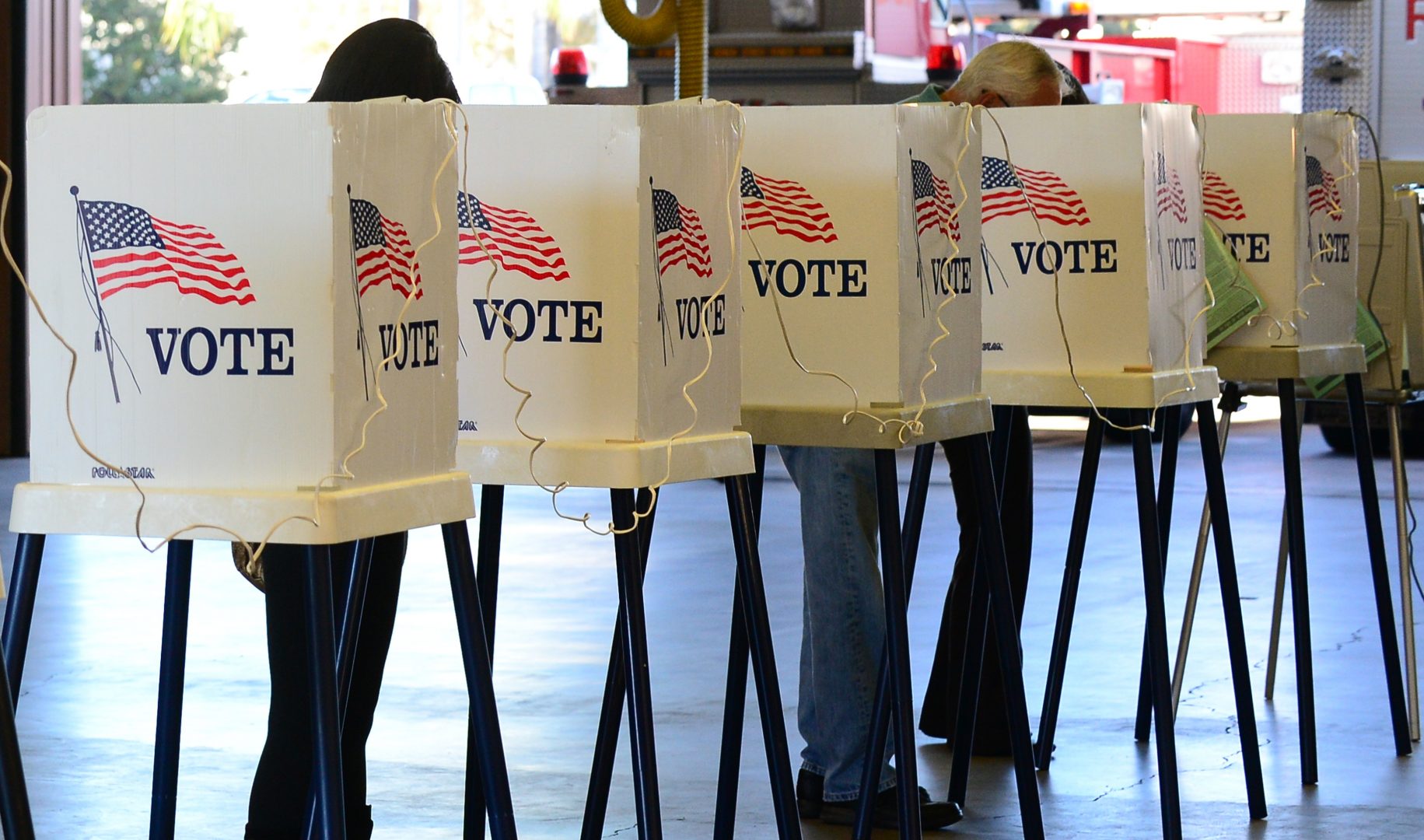
This is especially important when the stakes are so high: these congressional elections will dictate much of the country’s coming future. Apple seems to recognize this. Their Midterm Election section is a conscious and necessary effort to control the informational behemoth that is the internet. And while it is unwise to place all faith on the subjective decisions of Apple’s editing team, we can at least have accountability.
With human editors, as opposed to algorithms, we can ask questions. We can query as to why certain articles were chosen over others, and how they were organized together. That accountability is almost completely lost with automation. And we have already seen where that road ends.
While Apple’s efforts here are only baby steps, they are welcome in light of the problems that plagued the last election. Social media needs precedents as to how to navigate the vast amount of information that is presented through the internet.
This information directly affects our physical reality. It can lead to ignorance and the spreading of falsehood, or worse. Social platforms must manage their forums with caution, and approach their methods with all implications in mind. This is a tremendous and necessary responsibility. And to this end, Apple’s effort with Apple News is a necessary benchmark.


